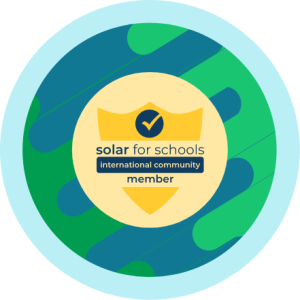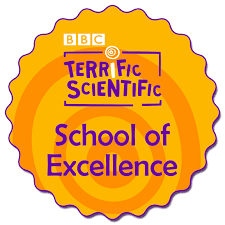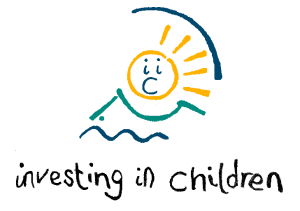Geography Long Term Plan
Geography Policy
Intent
- To ensure children learn and remember Geographical knowledge.
- To allow children build on prior knowledge through a carefully sequenced and progressive curriculum.
- To inspire passion, curiosity and a fascination with the world around us, that will last for the children’s lives.
- To broaden children’s understanding of the World from their immediate geography (school) to our local geography, to the geography of the U.K and finally geography of the wider world.
- To ensure children know that geography is the study of places, people, resources, natural and human environments and human and physical processes and that geographers use a variety of specific and general skills and techniques to investigate these topics.
- To enable children to develop new geographical skills and insights that build on their past knowledge and to prepare them for future learning.
- To provide opportunities for children to use their geographical understanding and to apply this in a variety of contexts and situations, for example, comparing human and physical features of different regions or making links between human and physical geography (environmental geography)
- To help children understand their local geography by providing opportunities to explore their local surroundings and complete fieldwork studies.
- To ensure that children are able to use the skills of a Geographer efficiently and for a specific purpose, including maps, atlases, globes, aerial photographs and compasses.
Implementation:
-
- Staff will use research around cognitive science to help children learn and remember more
- Staff will check understanding through spaced retrieval exercises
- Geography will be taught at the beginning of each term (unless different position agreed by co-ordinator) and will begin in the Autumn Term with a Local Study.
- Throughout units of work teachers will make links and encourage children to make links between past learning and geographical knowledge or skills being taught.
- Geographical knowledge will be built upon in a structured, sequential and progressive way.
- Geography will be taught starting from children’s immediate geography (home/school) to our local geography, to the geography of the U.K and finally geography of the wider world.
- Teachers will ensure that lessons are planned in sequences that provide children with the opportunities to review, remember, deepen and apply their understanding.
- Teacher’s will complete topic assessment sheets at the time of learning to show children’s understanding
- Book scrutines are regularly undertaken and immediate feedback is given. This feedback should be followed up within 2 weeks of the book scrutiny taking place.
- Short ‘learning walks’ take place each term that geography is taught in.
- Children build on prior knowledge through a carefully sequenced and progressive curriculum
- Opportunities to revisit learning and link learning between subjects are well planned
- Opportunities are provided to enhanced children’s experiences both inside and outside the classroom – trips, visitors, real life situations etc
- Tasks and activities relate to children’s own experiences and are then furthered to the wider world in developmental steps.
- Inspirational teaching and learning takes place which promotes a curiosity and excitement about the subject.
- Children are provided with opportunities to collaborate in a variety of sized groups and on different sized projects.
- Children are given opportunities to succeed but also to be challenged as this will help to promote resilience.
Impact
- Children develop contextual knowledge of the location of globally significant places – both
terrestrial and marine – including their defining physical and human characteristics and
how these provide a geographical context for understanding the actions of processes - Children understand the processes that give rise to key physical and human geographical
features of the world, how these are interdependent and how they bring about spatial
variation and change over time - Children are competent in the geographical skills needed to:
collect, analyse and communicate with a range of data gathered through
experiences of fieldwork that deepen their understanding of geographical
processes - Children interpret a range of sources of geographical information, including maps, diagrams,
globes, aerial photographs and Geographical Information Systems (GIS) - Children communicate geographical information in a variety of ways, including through
maps, numerical and quantitative skills and writing at length














